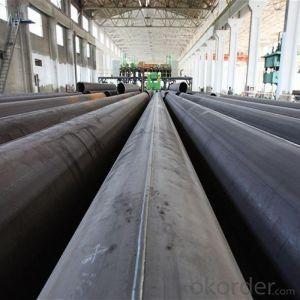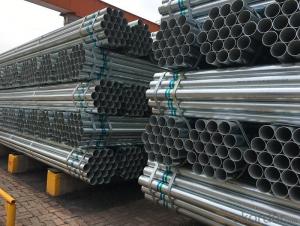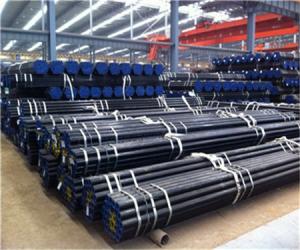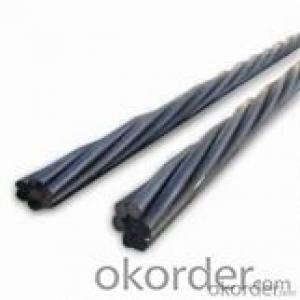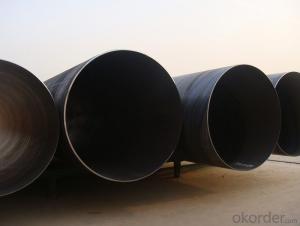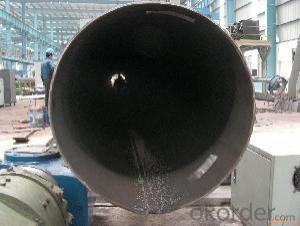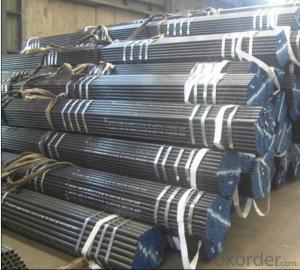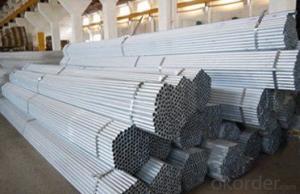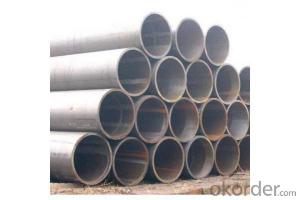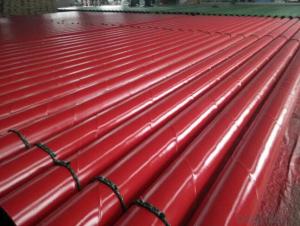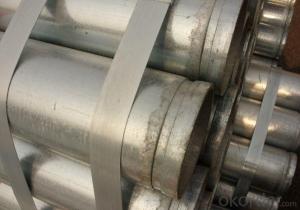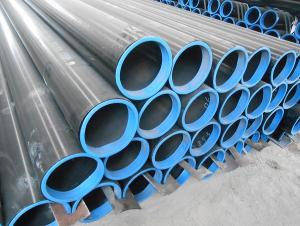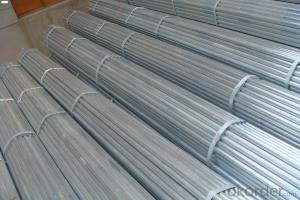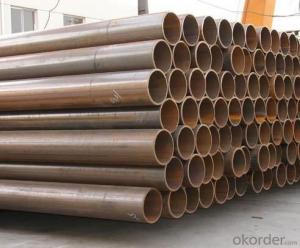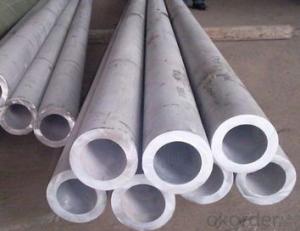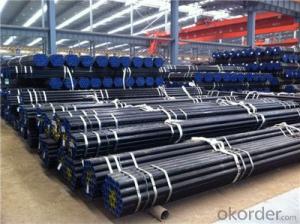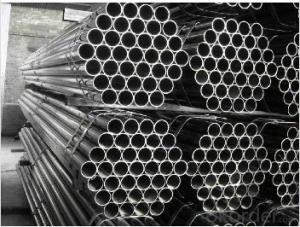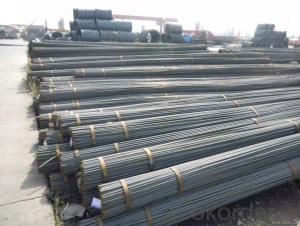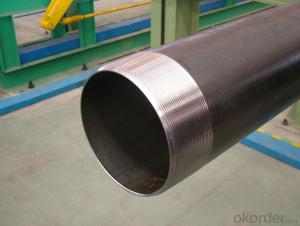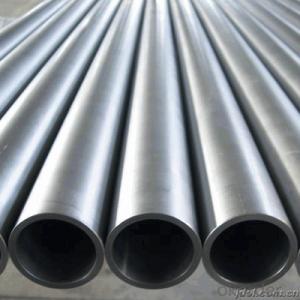All Categories
- - Steel Wire Rod
- - Steel Coils
- - Steel Profiles
- - Steel Pipes
- - Stainless Steel
- - Tinplate
- - Special Steel
- - Steel Sheets
- - Steel Rebars
- - Steel Strips
- - Hot Rolled Steel
- - Cold Rolled Steel
- - Pre-painted Steel
- - Seamless Steel Pipe
- - Welded Steel Pipe
- - Hollow Steel Tubes
- - Galvanized Pipe
- - Stainless Steel Coil
- - Stainless Steel Sheet
- - Stainless Steel Plate
- - Stainless Steel Strips
- - Electrolytic Tinplate Coil
- - Electrolytic Tinplate Sheet
- - Stainless Steel Rebars
- - Solar Panels
- - Solar Water Heater
- - Solar Related Products
- - Solar Inverter
- - Solar Cells
- - Solar Light
- - Solar Energy Systems
- - Solar Controllers
- - Solar Mounting System
- - Solar Pump
- - Solar Chargers
- - Fiberglass Chopped Strand
- - Fiberglass Mesh Cloth
- - Composite Pipes
- - FRP Pultrusion Profiles
- - Fiberglass Mat Tissue
- - Fiberglass Fabrics
- - Fiberglass Mesh
- - Composite Tank
- - Fiberglass Mesh tape
- - Polymer
- - FRP Roofing Panel
- - Fiberglass Roving
- - Monolithic Refractories
- - Ceramic Fiber Products
- - Refractory Bricks
- - Raw Materials For Refractory
- - Suspended Platform
- - Cranes
- - Concrete Machinery
- - Earthmoving Machinery
- - Building Hoist
- - Road Building Machinery
- - Plastic Pipe Fittings
- - Plastic Tubes
- - Plastic Sheets
- - Agricultural Plastic Products
- - Plastic Nets
 All Categories
All Categories
Q & A
How are steel pipes used in the healthcare industry for medical vacuum systems and laboratory gases?
Steel pipes are commonly used in the healthcare industry for medical vacuum systems and laboratory gases due to their durability, strength, and resistance to corrosion. These pipes ensure safe and efficient transportation of gases, such as oxygen, nitrogen, and vacuum, which are essential for various medical procedures and laboratory experiments. Additionally, the smooth interior of steel pipes minimizes the risk of contamination and allows for easy cleaning and maintenance, making them an ideal choice for these critical applications in the healthcare sector.
What measures can be taken to prevent steel pipes from corroding in saline and coastal environments?
There are several measures that can be taken to prevent steel pipes from corroding in saline and coastal environments. Firstly, using corrosion-resistant materials, such as stainless steel or alloy pipes, can greatly enhance their durability. Secondly, applying protective coatings, such as epoxy or zinc-rich coatings, can create a barrier between the pipe and the corrosive environment. Additionally, implementing proper cathodic protection systems, such as sacrificial anodes or impressed current systems, can help divert the corrosion away from the steel pipes. Regular inspection and maintenance, including cleaning and removing any accumulated marine growth or debris, can also contribute to preventing corrosion.
What is the role of steel pipes in the development of water desalination and purification plants?
Steel pipes play a crucial role in the development of water desalination and purification plants as they provide a reliable and durable infrastructure for transporting water and other fluids within the facility. These pipes are resistant to corrosion and can withstand high pressure, making them ideal for carrying the treated water from the desalination or purification process to storage tanks or distribution systems. Their strength and longevity ensure a continuous and efficient water supply, contributing to the overall effectiveness and sustainability of these plants.
What is the impact of soil conditions on buried steel pipelines?
The impact of soil conditions on buried steel pipelines can be significant. Soil properties such as moisture content, pH level, and chemical composition can affect the corrosion rate of the steel pipes. Acidic or corrosive soils can accelerate the deterioration process, leading to leaks, ruptures, and failure of the pipeline. In addition, the soil's compaction and settlement can cause structural stress on the pipeline, potentially resulting in deformation or even collapse. Therefore, understanding and managing soil conditions is crucial for ensuring the integrity and longevity of buried steel pipelines.
Wholesale Steel Pipes from supplier in Algeria
We are a Steel Pipes supplier serving the Algeria, mainly engaged in the sale, quotation, and technical support services of various Steel Pipes products in the Algeria region. We are a subsidiary platform of the Fortune Global 500 company CNBM, able to provide you with one-stop Steel Pipes procurement services in the Algeria. Not only do we have a wide range of Steel Pipes products, but after years of market development in the Algeria, we can also provide valuable experience for your projects.
